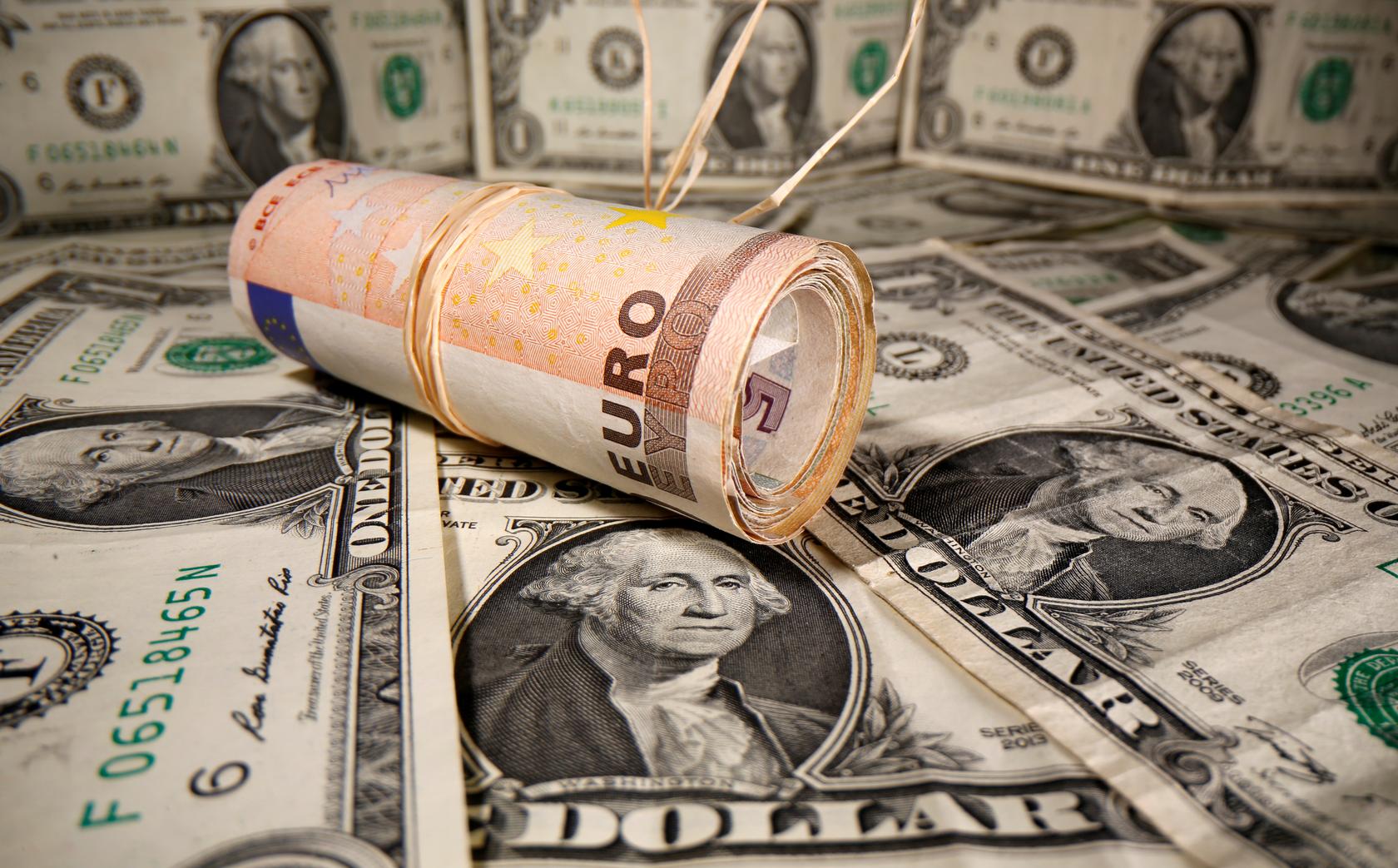Macron lead lends a hand to the euro ahead of European Central Bank meeting

The euro made a firm start to the week on investor relief that incumbent Emmanuel Macron led first-round voting in the French presidential election, while other moves were slight ahead of central bank meetings in Europe, Canada and New Zealand.
The euro briefly flickered as high as $1.0955 in thin early hours of the Asia session, before settling about 0.15% higher than Friday’s close at $1.0890. It was also firmer on sterling and the yen.
With 88% of votes counted, Macron garnered 27.41% and his far-right challenger Marine Le Pen was next with 24.9%.
They will contest a runoff vote on April 24. Macron’s lead gave some confidence to markets leery of Le Pen’s protectionism even if she no longer advocates ditching the euro, though gains were capped ahead of Thursday’s European Central Bank meeting.
“It’s a patchy bit of support,” said Westpac strategist Imre Speizer, as investors are also grappling with an ECB unlikely to sound as aggressive as Federal Reserve in heading off inflation.
“I think that biggest story of the two central banks being quite different is probably quite supportive of the U.S. dollar in the longer run,” he said.
The U.S. dollar index topped 100 for the first time in nearly two years on Friday, and was steady at 99.805 in morning trade. Against the Japanese currency the dollar was firm and bought 124.32 yen.
The ECB has been weighing rising consumer prices against pressure on growth from war in Ukraine. It is expected to give more details about a wind down in asset purchases on Thursday but may not give any further explicitly hawkish signals.
Central bank meetings are also due in Canada and New Zealand on Wednesday and interest rate swaps pricing indicates that traders see a more than 90% chance that each hikes rates by 50 basis points.
That could leave both currencies vulnerable if a smaller rate rise is delivered.
The New Zealand dollar wobbled 0.2% lower to $0.6836, while the Canadian dollar held at C$1.2583 per greenback.
Elsewhere, the Australian dollar also eased 0.2% to $0.7447 as gains in commodity currencies start to fade further with a retreat in export prices. Sterling held at $1.3026.

